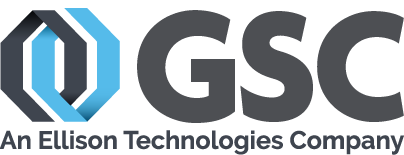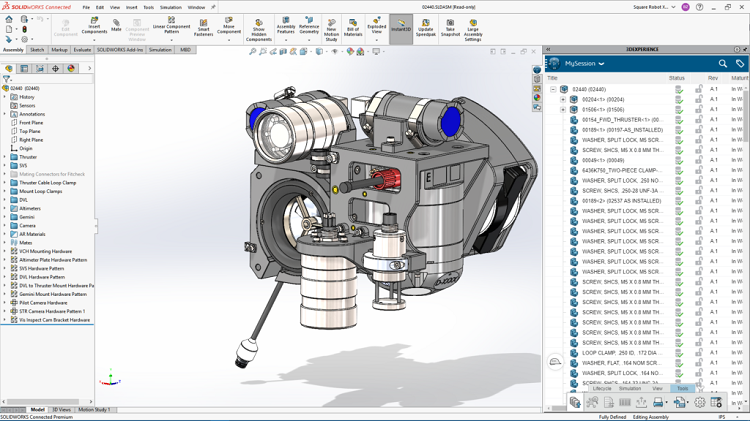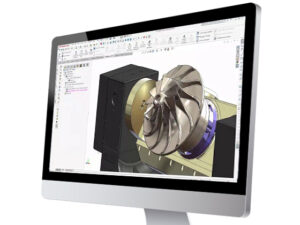With all of the craziness of the pandemic — all of the change, the “figuring things out,” the defining of a new normal — I nearly forgot that this year marked the 25th year of SOLIDWORKS as a released product, debuting in 1995.
Do you remember 1995? Forrest Gump won the Oscar for Best Picture. Tony Bennet Unplugged won the Grammy for Best Album. Cal Ripken, Jr. broke Lou Gehrig’s record of playing in 2,130 consecutive baseball games. A new website called eBay was launched. And Jay Leno shared a stage with Bill Gates to introduce Windows 95.

Credit: Microsoft
It was in that year that SOLIDWORKS 95 was released. It was primitive by today’s standards, but it was the first MCAD system to offer solid modeling native on Windows, and that was a big deal. People lined up to pay $3,995 for simple part modeling, assemblies with three mate types, and a drawing toolset that couldn’t produce an ANSI-compliant document if your life depended on it. People loved it then, and they saw the potential of what SOLIDWORKS could – and eventually did – become.
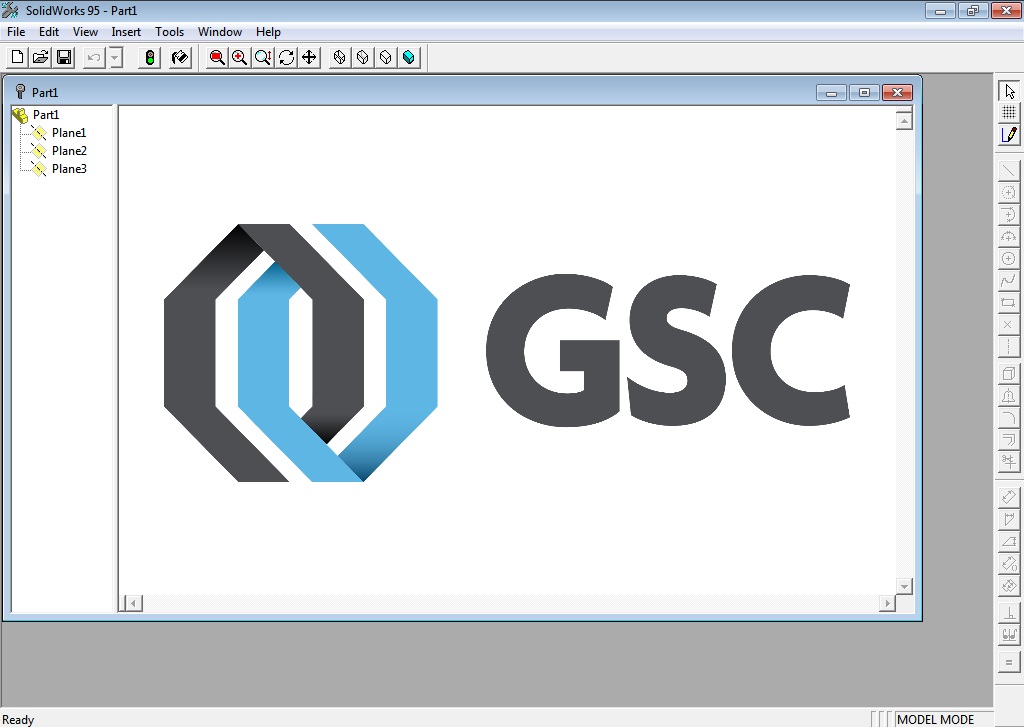
Fast-forward 25 years. SOLIDWORKS has gone from “who?” to the definitive mechanical design software platform worldwide. And it just so happens that I also have a personal milestone happening right about now: I’m turning 50. And that means that, as of now, I have been using SOLIDWORKS for one-half of my entire life.
That’s SOLIDWORKS 25/50.
When I was a kid, I was always drawing – but not artistically. I was making diagrams, labeling parts or sections, or describing places on home-made maps. One of my first “technical drawings” was put into a frame and hung on the wall for far longer than it should have, but Mom loved it (even though she couldn’t tell an X-Wing from a TIE Fighter).
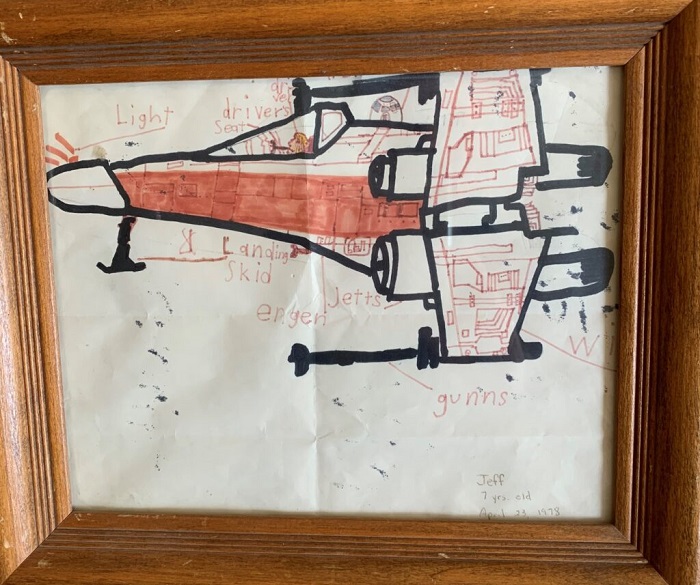
This makes me think a lot about growth and evolution. I’ve come a long way as I mark my 50th birthday, and SOLIDWORKS has come a long way over the last quarter-century. But in this most unusual year of 2020, neither of us are done, and in the case of SOLIDWORKS, you could say that the tool is evolving into a higher form of life.
When SOLIDWORKS debuted, most people did their live design work on their local computers, as local-area networks were slow and unreliable; servers were for backup and download distribution. If you wanted to share your designs with people outside of your building, you burned a disc and physically mailed it. And speaking of discs, we waited for the mail to come with our box of software and installed it from physical media.
Now, we are moving to a reality where SOLIDWORKS data can be shared live all over the world – and some designs even created entirely in the cloud – all without any IT infrastructure at all. When I thought about what kind of CAD tool I’d be playing with in my distant retirement, I envisioned a home workstation with a local copy of SOLIDWORKS, but now I’m thinking it’s going to be in a web browser on my MacBook.
The wonderful thing about all this is that after using SOLIDWORKS for the last 25 years, being at GSC for 28 years, and blowing out 50 candles this November, I do not feel like I’m coming to the end of anything. I am, in fact, excited for the future, and I count myself lucky to be challenged with a new paradigm in my chosen career after all these years. My experience informs me, but it does not blind me for what is to come.
Incidentally, the same could be said for John Setzer, our Training Director at GSC. Between the two of us, we now have 50 years of experience training and supporting SOLIDWORKS, and we’re both expanding our horizons with 3DEXPERIENCE WORKS. Follow us as GSC brings the best of this evolving new technology to help you meet new challenges today, and over the next 25 years. That’s also SOLIDWORKS 25/50.
Contact Us
Have a question? We’re always available to talk over the phone at 262-790-1080, for you to leave a message or for you to submit a request – just contact us.
Want More?
If you’re interested in SOLIDWORKS and other resources:
Share
Meet the Author
